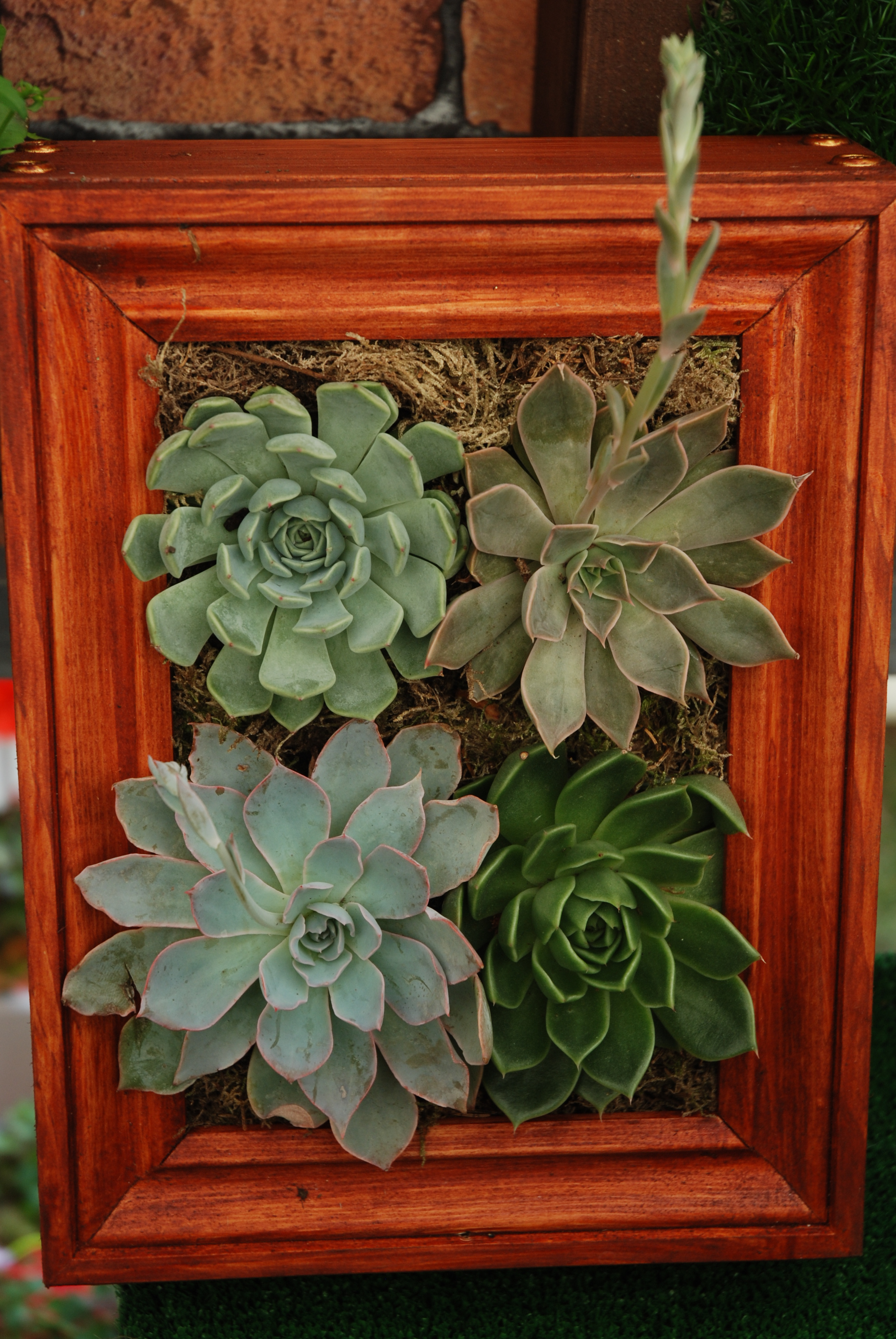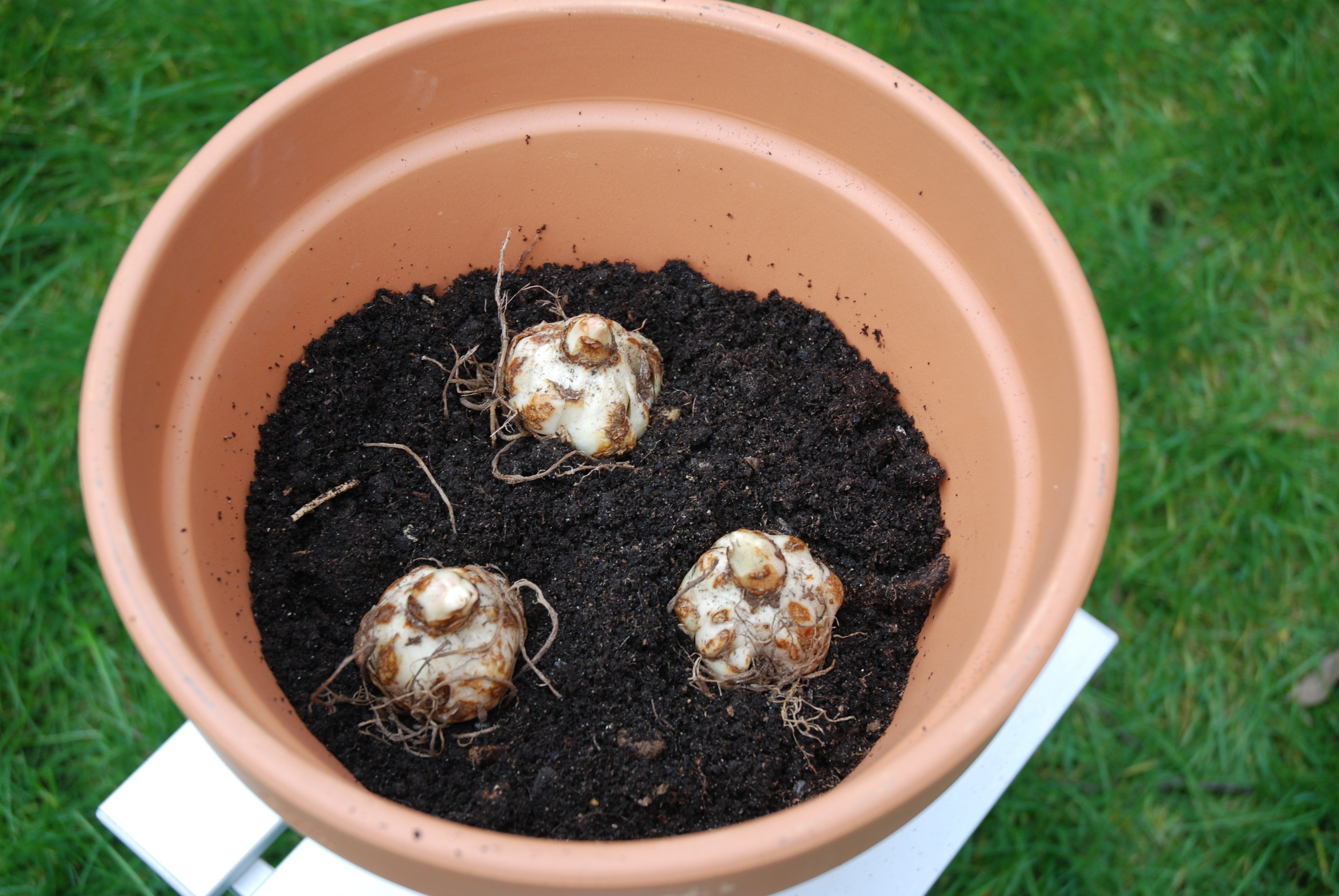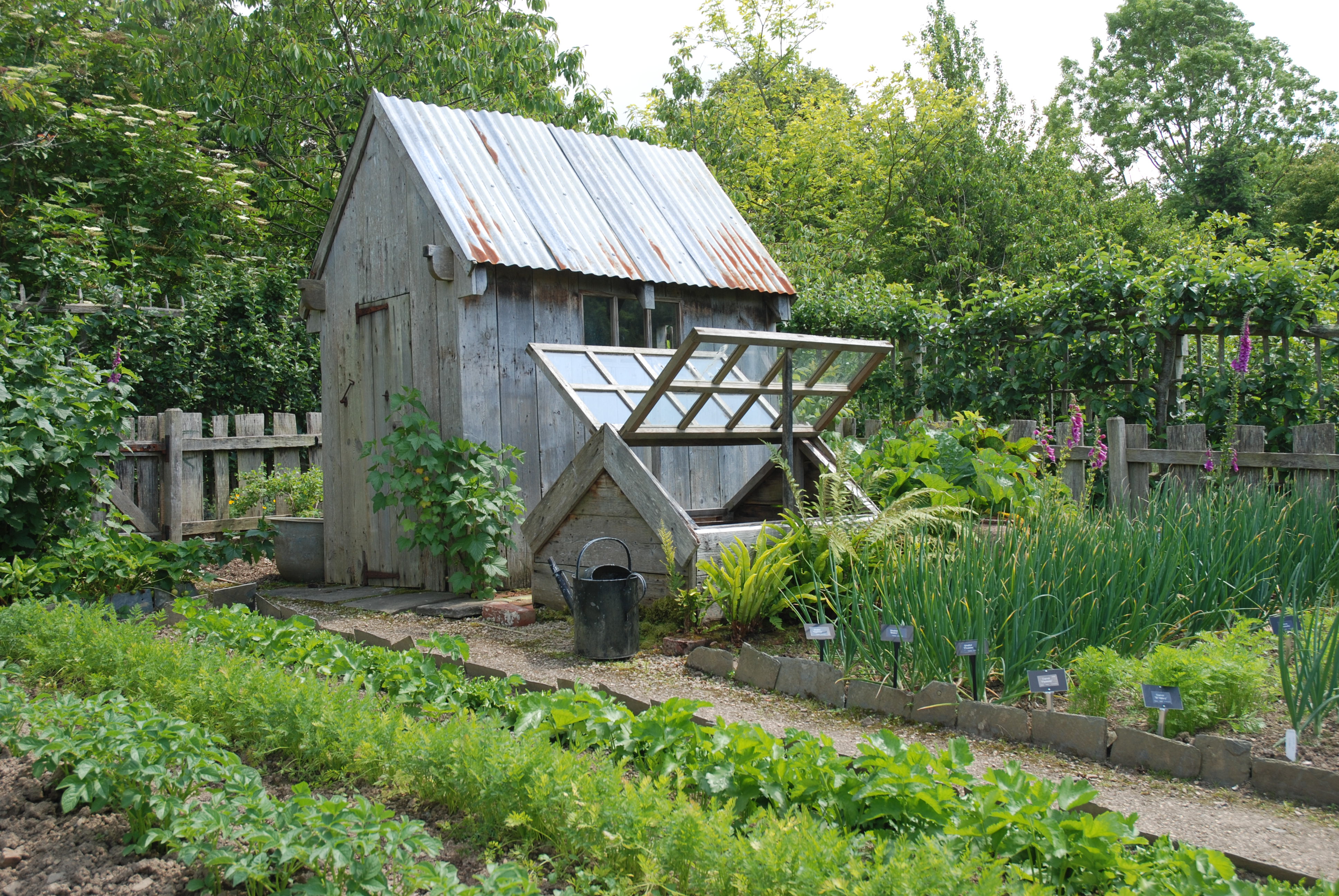Generally
- Tidy up piles of flowerpots and debris that could harbour snails
- Raise patio containers on feet or bricks, to ensure their compost drains properly
- Avoid walking on lawns covered with heavy frost, as you’ll kill the grass
- Provide birds with fresh water and food
- Sprinkle an all-purpose fertiliser along the base of hedges
- Move patio pots to sheltered sites during extremely cold periods
- Order bulbs, corms and tubers for summer flowers, including dahlias, canna lilies, gladioli, eucomis and lilies
- Research will help you stacking up with the best products that are organic and will not harm the environment. Laying down the best Zoysia grass sod on your lawn will give your lawn a healthy look. Adding compost at this time of year is essential to get your garden ready for the spring months ahead. Also, take this time to plan out any new projects or changes you want to make in your garden for the coming year. Consider incorporating sustainable gardening practices and using native plants in your design for a more eco-friendly approach.
The Flower Garden
- Cut back ornamental miscanthus grass before new shoots start developing
- Trim back ivy and Virginia creeper from around windows and guttering
- Clear away dead foliage from perennials, chop it up and add to the compost heap
- Remove weeds from borders, and dig deeply to sieve out roots of perennial weeds, such as bindweed, ground elder and couch grass
- Improve compacted soil by mixing in extra compost. Take care not to walk on or dig up spring bulbs
- Take root cuttings from phlox and oriental poppies
- Pot up containers with spring bedding displays
In The Fruit and Vegetable Garden
- Dig over veg plots, mixing compost into the soil as you go
- Continue filling a trench with kitchen waste where you want to grow beans
- Cover rhubarb with forcing jars for an early harvest
- Use cloches to warm the soil for early sowings
- Plant new fruit bushes and trees
- Dig up and pot up roots of mint to force early shoots
- Buy shallots, onion sets and seed potatoes
In The Greenhouse
- Top up fuel tank of paraffin heater every evening
- Bring potted hyacinths and bulbs under cover to bloom
- Make a sowing plan for raising greenhouse crops and bedding plants, and order seeds
- Bring potted peaches under cover to prevent an attack of leaf curl
- Water pot plants sparingly and avoid wetting foliage. Never leave plants standing in water
- Regularly pick off faded leaves and flowers to avoid grey mould (botrytis) developing
This unseasonal warm weather means that pests that would normally be dormant at this time of year are active. Vine Weevils are very active now so watch out for tell tale signs of wilting plants that have fleshy roots such as sedums, cyclamen or primulas. Use a good pesticide specifically for vine weevils such as Provado Vine Weevil Killer 2. In the summer you can use a biological control of Nematodes but these rely on the temperature being warmer than now.



























